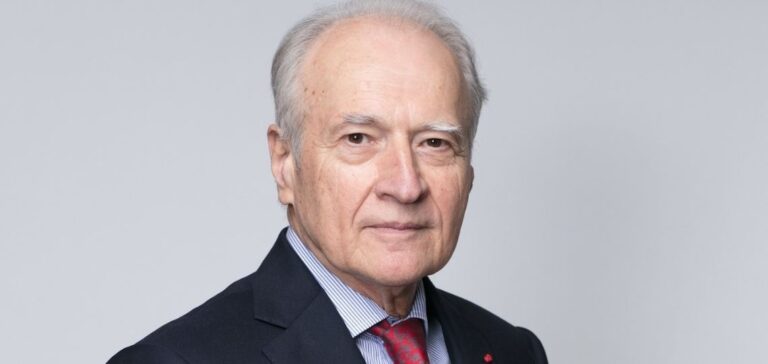The French group Vinci, active in construction, energy and concessions, formalised a major leadership change on Thursday during its annual general assembly. After nearly two decades as chief executive officer, Xavier Huillard transferred his responsibilities to Pierre Anjolras, marking a planned and gradual transition within the CAC40-listed group. Mr Huillard, who is nearing his 71st birthday, will remain chairman of the board until the 2026 general meeting.
A strategy of diversification and international expansion
Since taking office in 2006 and later becoming chairman and chief executive officer in 2010, Xavier Huillard has repositioned Vinci as a major international player. He strengthened the group’s concessions strategy, particularly in motorway and airport operations, while also expanding into energy-related services. This strategic pivot materialised in 2021 with the integration of Cobra IS, a subsidiary managing solar installations and high-voltage infrastructure.
The group’s business model is based on balancing short-term construction revenue with long-term returns from infrastructure management. Motorway concessions account for 43% of net profit while contributing only 9% of revenue, a setup criticised in France but defended by Mr Huillard as economically sustainable.
The challenge of motorway concession renewals
Globally, Vinci has become the world’s leading private airport operator, with 72 facilities in 14 countries, including three in Japan and, more recently, the acquisition of Edinburgh Airport following Gatwick in 2018. At the same time, the share of revenue generated in France has decreased to 42%, from 66% when Mr Huillard assumed leadership.
Pierre Anjolras’ appointment, approved by 99.35% of shareholders, signals a new chapter for the group. Mr Anjolras, aged 59, previously oversaw the merger of Eurovia with Vinci Construction before becoming chief operating officer in May 2024. Although he did not address the assembly on Thursday, his official assumption of duties is scheduled for 1 May, when the roles of chairman and chief executive will be formally separated.
Outlook and continuity in governance
Key upcoming issues include negotiations for the renewal of France’s motorway concessions, with the first contracts expiring from 2031. The group is also awaiting a decision—expected by October 2026—on whether it will be awarded management of Nantes Airport, following the cancellation of the Notre-Dame-des-Landes project.
In his farewell address, Xavier Huillard highlighted three major trends that shaped the group’s evolution: the rise in mobility, increasing global urbanisation, and the electrification of services. According to him, “this fine machine generates its own fuel”, demonstrating the strength of Vinci’s integrated model.






















